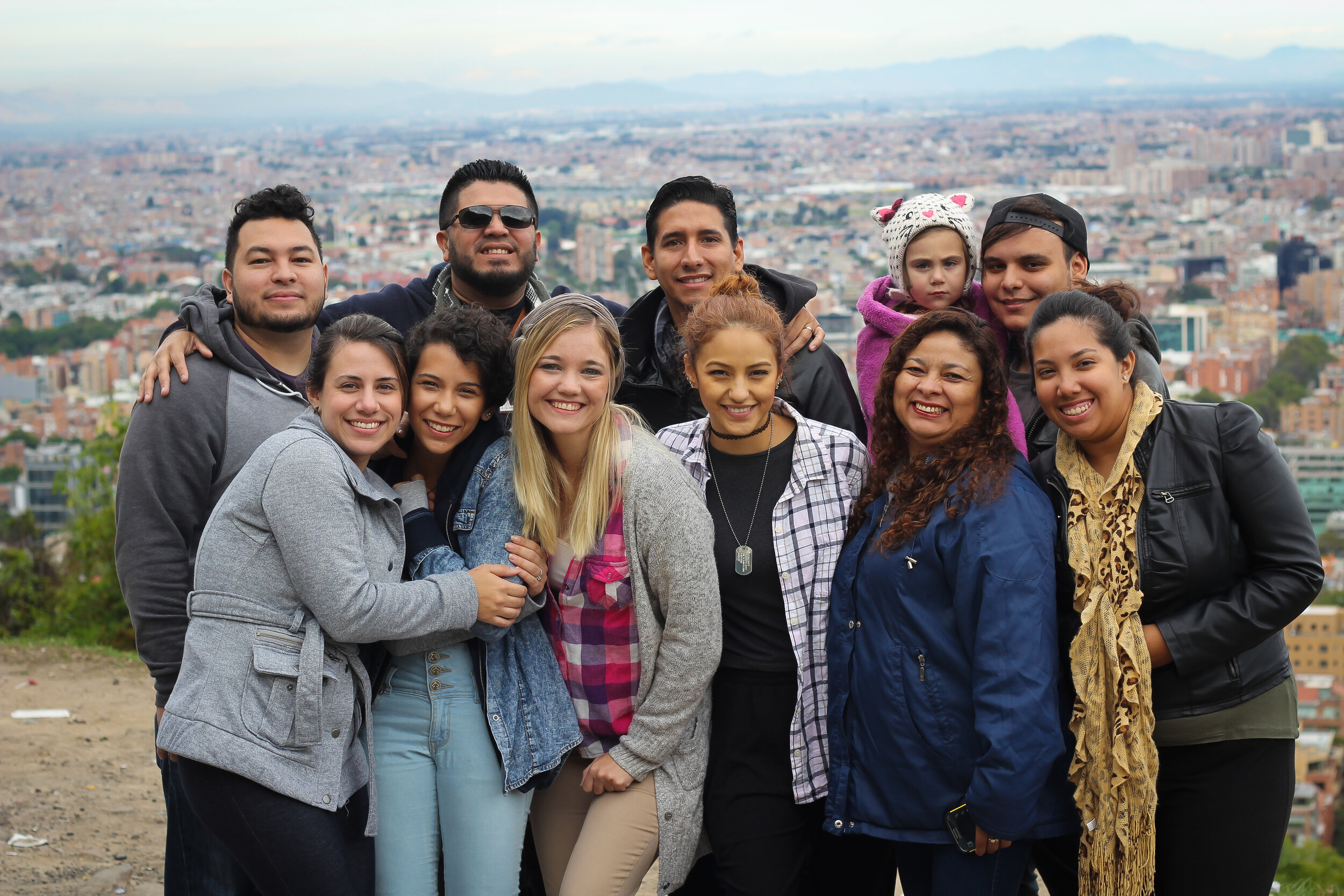Today’s post is part 1 of a two-part article on how your church can connect with and support multicultural special needs families. Part 2 will be published next Tuesday, December 15 - Editor
According to a study published by the Journal for the Scientific Study of Religion (JSSR), children with special needs, disabilities, and chronic health conditions are most likely to never attend worship services. This is especially true for conditions that impact social interaction or impede communication, such as autism spectrum disorders, developmental delays, and ADHD. When multicultural special needs families visit a church, often language or cultural barriers are present, so the divide of communication only increases.
To help communicate with multicultural special needs families, it is important to understand cultural background and express cross-cultural competence. Cultural competence refers to an ability to interact effectively with people of different cultures. Cultural competence comprises four components: (a) awareness of one's own cultural worldview, (b) attitude towards cultural differences, (c) knowledge of different cultural practices and worldviews, and (d) cross-cultural skills. Developing cultural competence results in an ability to understand, communicate with, and effectively interact with people across cultures.
When engaging with families from various ethnic, cultural, and linguistic backgrounds, best practice involves cross-cultural competence.
Self-Awareness - Being aware of your own beliefs and values toward others and clarifying these when needed.
Understanding - Obtaining information on the culture and background of families being served from your ministry or church.
Engaging- Working with families; using approaches that are sensitive, receptive, and responsive to their cultural perspectives.
Photo credit: Art Aguilera on Lightstock.com.
Different cultures view health in different ways. In western medicine, health is mainly seen as an absence of disease, with focus on biological aspects of life. Ayurveda, an ancient Indian system of medicine, views health as a harmony between body, sense organs, mind, and world. Traditional Chinese medicine sees health as a balance between yin and yang, or the ‘hot’ and ‘cold’ qualities of an individual. Parental and family beliefs about disability play an enormous role in shaping how parents perceive their child, their disability and the decisions parents make about the education of their children with disabilities. These beliefs are inextricably tied to perceptions of disability that derive from cultural norms.
Hispanics (Latinos) are very family-oriented, and they are the fastest growing and largest minority group in the United States. For most Latinos, there is a great importance placed on family; one of the most distinctive and enduring cultural characteristics of this ethnic group is a strong sense of “familism." Many Latinos “cherish the idea of a large, extended family,” being able to stay close to family, and assisting one another in times of need. Regarding the meaning of disability, the “Disabilities as Viewed by Four Generations of One Hispanic Family” comprehensive study reported that, in Hispanic families, a child’s disability belongs to the family, and not just to the child. As a result, families may become overprotective.
African Americans rely on family, faith, and their spiritual community for support. African Americans suffer from social and medical stigma. The stigma attached to mental health conditions or special needs diagnoses within the African American community contribute to misdiagnosis of autism, other special needs conditions, and the underuse of available treatment services. Due to social stigma, some African American families are more resistant to accept a diagnosis and treatment, according to Martell Teasley, Associate Professor, Florida State University. African Americans might also resist diagnosis and treatment because of a mistrust of mainstream healthcare providers over past discrimination. “African Americans are well versed in going to a doctor or an educator who might have biases or discriminatory practices, so they may not readily accept what they say,” Teasley says.
Historically, Asian Americans are academic-focused and experience a “shame” culture. The Journal of Special Education Apprenticeship.” Researchers observed and surveyed Asian families that had a child with a disability. In the study, most parents reported that they relied on the help and guidance of family members, friends, and family resource agencies over their religious or spiritual community. In comparison to the European American scientific view of disabilities, Asian American families may believe that children are born with disabilities due to bad spirits and karma. Past actions from a previous life are believed to affect the future of an individual as well. For example, in areas of China, disability is seen as a punishment for the sins of the individual or the individual’s parents. In addition, academic achievement is still held in high regard in families with a child with a disability; families considered it the responsibility and obligation of the children with disabilities to achieve success, and even pursue higher education degrees.
In Part 2 of this post, Joscelyn will share ways to incorporate cultural competency in ministry to and with diverse special needs families in your church.
Joscelyn Ramos Campbell is an award-winning spokesperson, author, blogger, consultant, columnist, public speaker, respite care director, autism advocate, special needs pastor at Hope International Church in Groveland, Florida. A former federal government public relations spokesperson, she has over 20 years of experience in public relations, communications, marketing, community relations, and ministry. Joscelyn has been featured in many publications and on television networks, including CBS, FOX, NBC, Telemundo, and Univision. Bilingual and bicultural, she is raising a multicultural and multigenerational family, while being an individual with a medical disability. Named one of the best Latina bloggers and one of the top 10 best Latina mom bloggers on the web for her entrepreneurial work with Mami of Multiples and Mami Innovative Media, Joscelyn is a wife and mom of four boys, including an older son, identical twin boys and one son with autism. Residing in Central Florida with her family, connect with Joscelyn on her website at joscelynramoscampbell.com and on social media.





